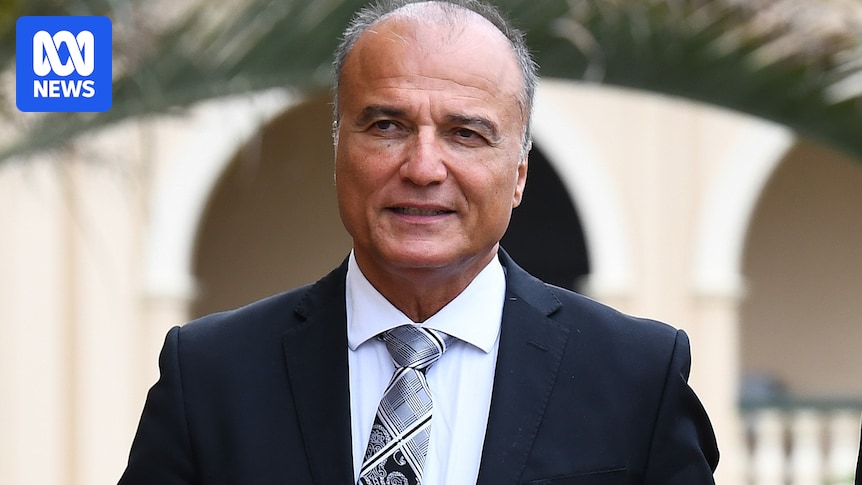
A prominent surgeon, Dr. Vahid Reza Adib, faced intense scrutiny on the first day of an inquest into the death of his patient, Rosemarie Campbell, who passed away three days after undergoing weight loss surgery. The 62-year-old died at her Gold Coast home in February 2022, following a gastric bypass operation at The Wesley Hospital in Brisbane.
The procedure was performed by Dr. Adib, who is notably the partner of former Queensland premier Annastacia Palaszczuk. This inquest is examining the treatment Ms. Campbell received, including an earlier gastric sleeve surgery by Dr. Adib in 2020, and the circumstances surrounding her discharge from the hospital.
Medical Complications and Revised Findings
Initially, it was reported that Ms. Campbell died from sepsis due to acute bacterial peritonitis from a strangulated hernia and pneumonia. However, during the inquest, forensic pathologist Dr. Isaac Han amended his statement, indicating insufficient evidence of bacterial movement from the bowel into the bloodstream, a key factor in sepsis.
“We were unable to show that in the autopsy,” Dr. Han explained via video link.
Ms. Campbell’s family, present at the pre-inquest conference in April, continues to seek clarity on the medical decisions made prior to her death.
Scrutiny of Surgical Practices and Record Keeping
Dr. Adib’s testimony revealed gaps in his record-keeping practices. He acknowledged the absence of clinical notes from post-operative reviews with Ms. Campbell after her 2020 surgery. He insisted that such consultations typically involved a dietician and resulted in correspondence with her general practitioner.
“It’s usually a joint consultation and I am always present,” Dr. Adib stated. “I regularly, without fail send a letter to the general practitioner [after] that visit.”
Questions also arose about prescription repeats for reflux medication, which Dr. Adib could not specifically recall issuing, attributing the lack of documentation to the challenges of adapting to telehealth during the COVID-19 pandemic.
Issues with Medical Documentation
Further complications were highlighted by a letter Dr. Adib signed to release Ms. Campbell’s superannuation funds for the second surgery. The letter contained inaccuracies regarding her BMI and health conditions, which Dr. Adib attributed to a “clerical error” from using a template.
“This is a template generated by my front desk, I accept full responsibility,” he said. “Unfortunately, I did not update the template.”
Despite these errors, Dr. Adib defended the necessity of the gastric bypass, citing Ms. Campbell’s poor quality of life due to ongoing reflux and the procedure’s effectiveness in treating the condition.
Discharge Decisions Amidst External Pressures
The inquest also examined the circumstances of Ms. Campbell’s discharge. Dr. Adib recounted being informed by nursing staff that she vomited but was otherwise stable and eager to return home due to Brisbane floods.
“If she’s meeting the discharge criteria and the [clinical] pathways, she can go,” he recalled saying.
Under cross-examination, it was revealed that no formal discharge criteria existed at the time, raising questions about the decision-making process. Dr. Adib maintained that had he been aware of any deterioration, he would have intervened.
The inquest, continuing into the following days, seeks to unravel the complexities surrounding Ms. Campbell’s treatment and death, potentially influencing future medical protocols and patient care standards.





